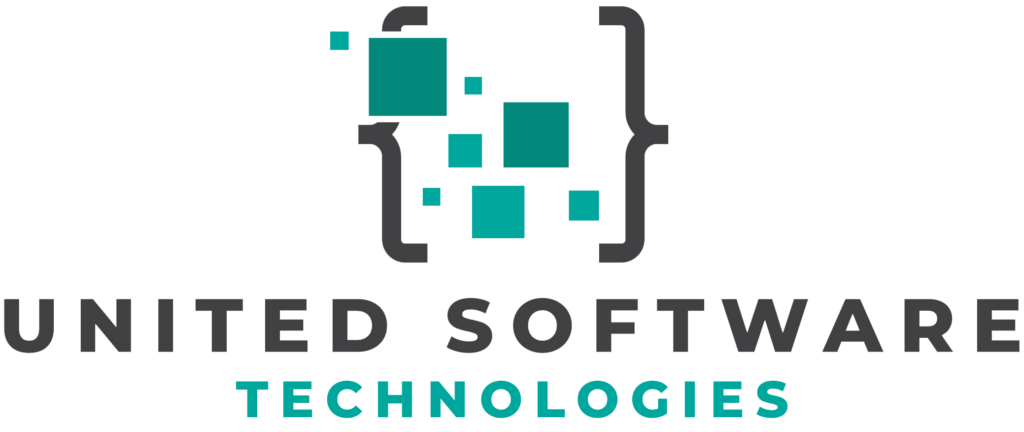Comparing WordPress to Other CMS Platforms: What You Need to Know
Introduction
When it comes to building a website, one of the most important decisions you’ll make is choosing the right Content Management System (CMS) for your needs. With so many options available, it can be difficult to determine which CMS platform is best suited for your specific requirements. In this blog post, we will compare WordPress to other popular CMS platforms and discuss what you need to know in order to make an informed decision.
What is a CMS?
A Content Management System (CMS) is a software application that allows users to create, edit, manage, and publish digital content on websites without requiring extensive technical knowledge. A good CMS should provide an easy-to-use interface while still offering powerful features and customization options.
Some of the most popular CMS platforms include WordPress, Joomla, Drupal, and Wix. Each platform has its own unique set of features and capabilities, making it essential for you to understand how they compare before deciding on the best solution for your website.
Comparing WordPress to Other CMS Platforms: What You Need to Know
To help you better understand how WordPress compares to other CMS platforms, let’s take a closer look at some key factors:
1. Ease of Use
One of the main reasons why WordPress has become so popular is its ease of use. The platform offers an intuitive user interface that makes it simple for even non-technical users to create and manage their websites.
In comparison, Joomla and Drupal have steeper learning curves due to their more complex interfaces. While these platforms offer greater flexibility in terms of customization options, they can be more challenging for beginners to navigate.
Wix, on the other hand, is known for its user-friendly drag-and-drop website builder. This makes it an excellent option for those who want a simple and straightforward way to create their websites without any coding knowledge.
2. Customization Options
WordPress offers a vast array of customization options through its extensive library of themes and plugins. With over 50,000 plugins available in the WordPress Plugin Directory, you can easily add new features and functionality to your website with just a few clicks.
Joomla also provides numerous extensions that allow users to customize their websites. However, the number of available extensions is significantly lower than what WordPress offers.
Drupal is known for its powerful customization capabilities, but this comes at the cost of increased complexity. To take full advantage of Drupal’s features, users often need advanced technical skills or assistance from developers.
Wix offers a range of pre-built templates and apps that can be added to your site with ease. While these options are not as extensive as those offered by WordPress or Joomla, they still provide plenty of opportunities for customization.
3. SEO Capabilities
Search Engine Optimization (SEO) is crucial for ensuring that your website ranks well in search engine results pages (SERPs). All major CMS platforms offer some level of SEO functionality; however, there are differences in how each platform approaches this important aspect of website management.
WordPress has a strong focus on SEO and offers several popular plugins like Yoast SEO and Rank Math that make optimizing your content easy and effective.
Joomla also supports SEO but requires additional configuration compared to WordPress. There are several Joomla extensions available that can help improve your site’s SEO, such as sh404SEF and JCH Optimize.
Drupal offers robust built-in SEO features, but like other aspects of the platform, it can be more complex to configure. There are also several modules available for enhancing Drupal’s SEO capabilities, including Pathauto and Metatag.
Wix has made significant improvements in its SEO offerings in recent years. The platform now includes a range of built-in tools and apps designed to help users optimize their websites for search engines.
4. Security
Website security is a critical concern for any website owner. Each CMS platform has its own approach to security, with varying levels of protection provided out-of-the-box.
WordPress is known for being regularly updated to address security vulnerabilities, and there are numerous plugins available that can further enhance your site’s security. However, due to its popularity, WordPress sites can be targeted by hackers more frequently than other platforms.
Joomla provides strong built-in security features and offers additional extensions for improving site safety. Like WordPress, Joomla releases regular updates to address potential vulnerabilities.
Drupal is often considered one of the most secure CMS platforms available due to its rigorous coding standards and focus on security best practices. This makes it a popular choice for enterprise-level websites where data protection is crucial.
Wix handles all security measures behind the scenes as part of its managed hosting service. This means that users don’t need to worry about managing updates or installing additional security plugins.
5. Pricing
When comparing CMS platforms, it’s essential to consider the costs associated with building and maintaining your website.
WordPress itself is free to use, but you’ll need to pay for hosting, domain registration, and any premium themes or plugins you choose to install. Overall, WordPress can be a very cost-effective solution depending on your specific needs.
Joomla and Drupal are also free to download and use; however, like WordPress, they require separate hosting and domain registration fees. Additionally, some premium extensions may come at an additional cost.
Wix offers a range of pricing plans that include hosting, domain registration, and access to its website builder features. While this can make it more expensive than self-hosted solutions like WordPress or Joomla in some cases, it provides users with a comprehensive all-in-one solution for managing their websites.
Conclusion
In conclusion, when comparing WordPress to other CMS platforms such as Joomla, Drupal, and Wix, it’s essential to consider factors like ease of use, customization options, SEO capabilities, security measures, and pricing. Each platform has its own unique set of strengths and weaknesses that cater to different user needs.
Ultimately the best CMS for your website will depend on your specific requirements and level of technical expertise. By understanding how each platform compares in these key areas, you’ll be better equipped to make an informed decision about which CMS is right for you. Need help deciding contact us or see our WordPress hosting plans.

